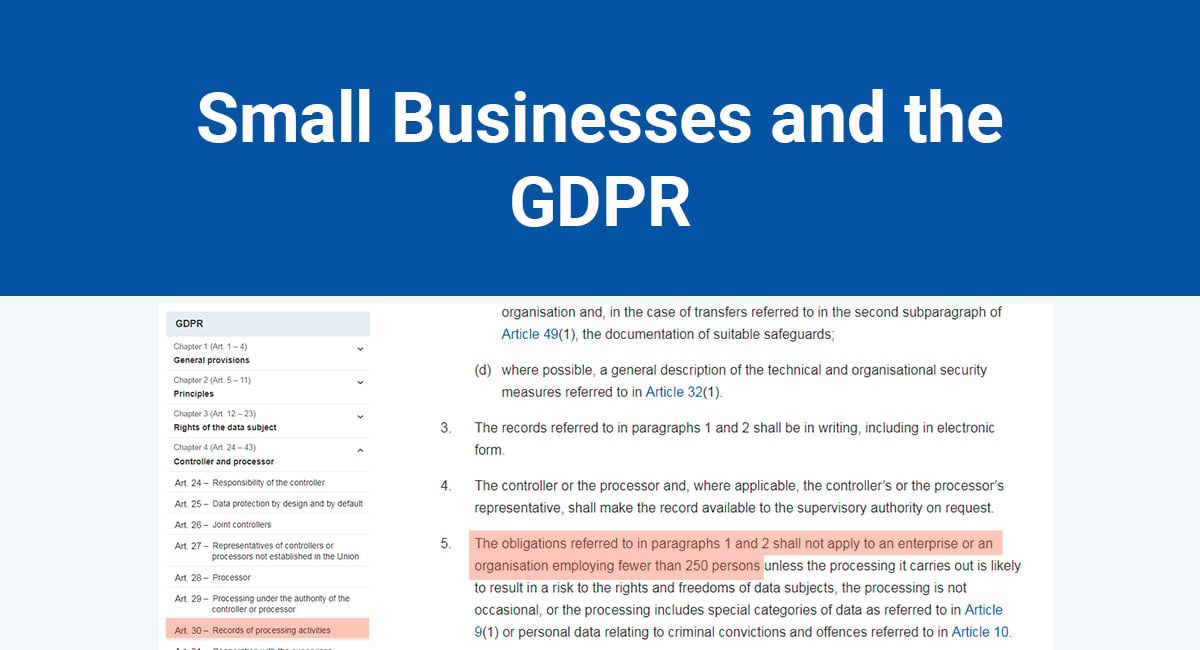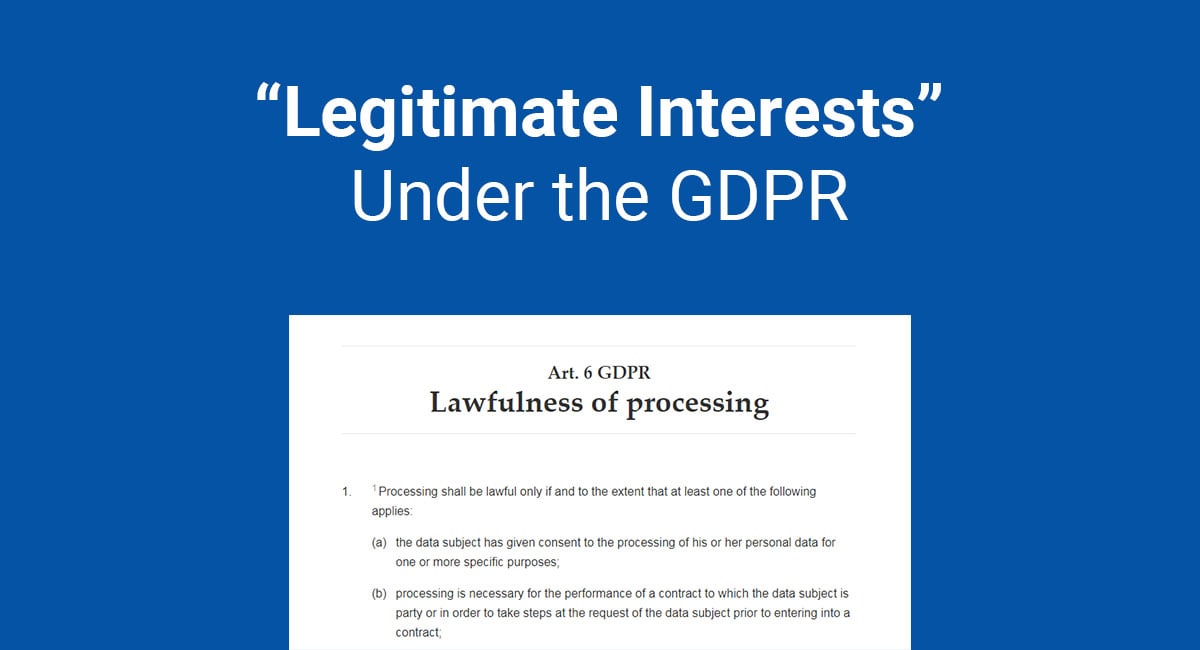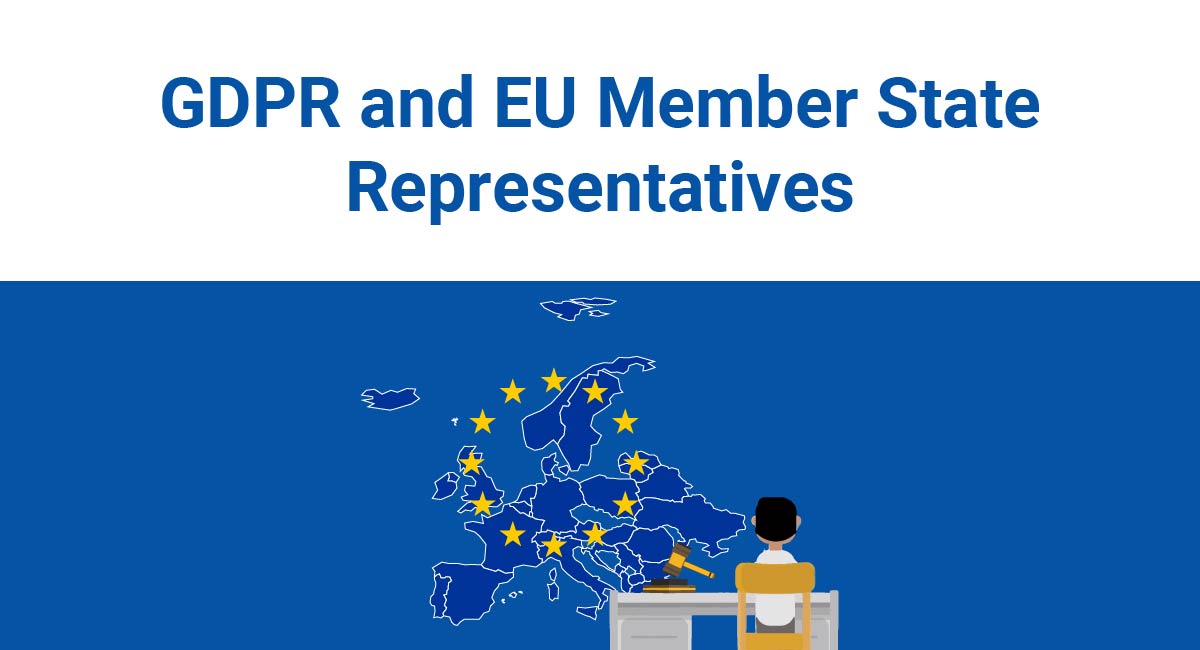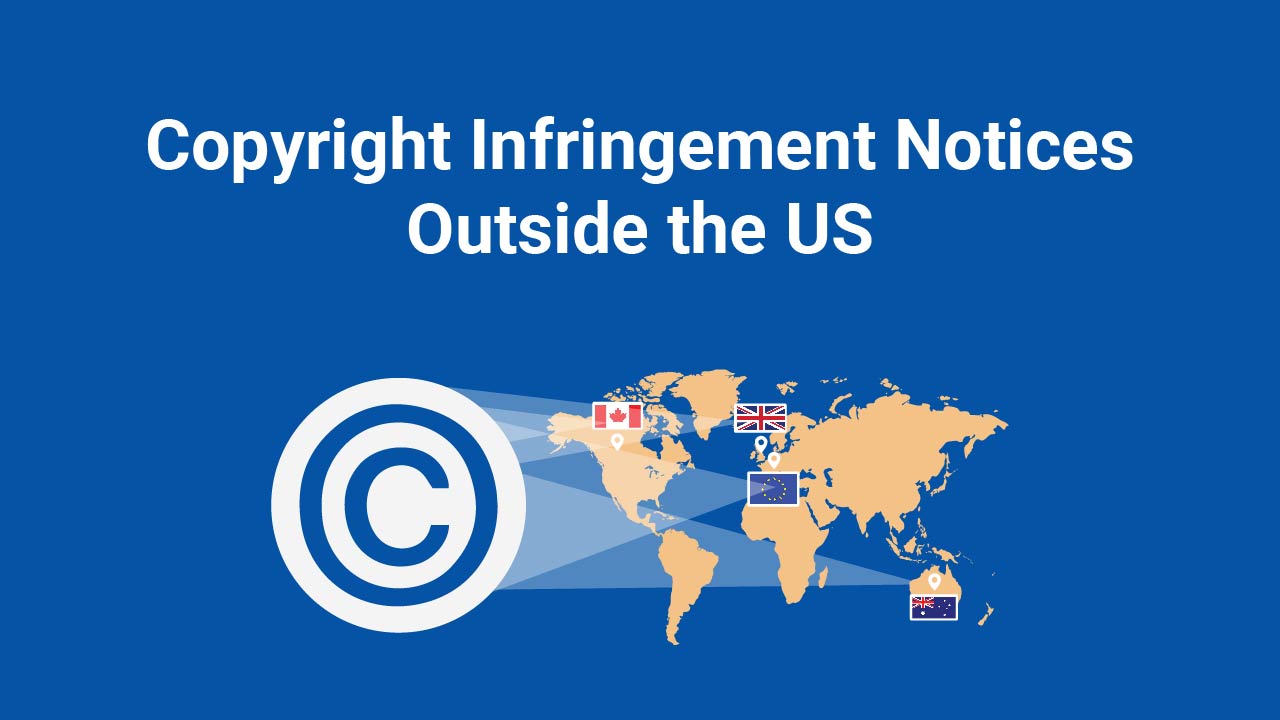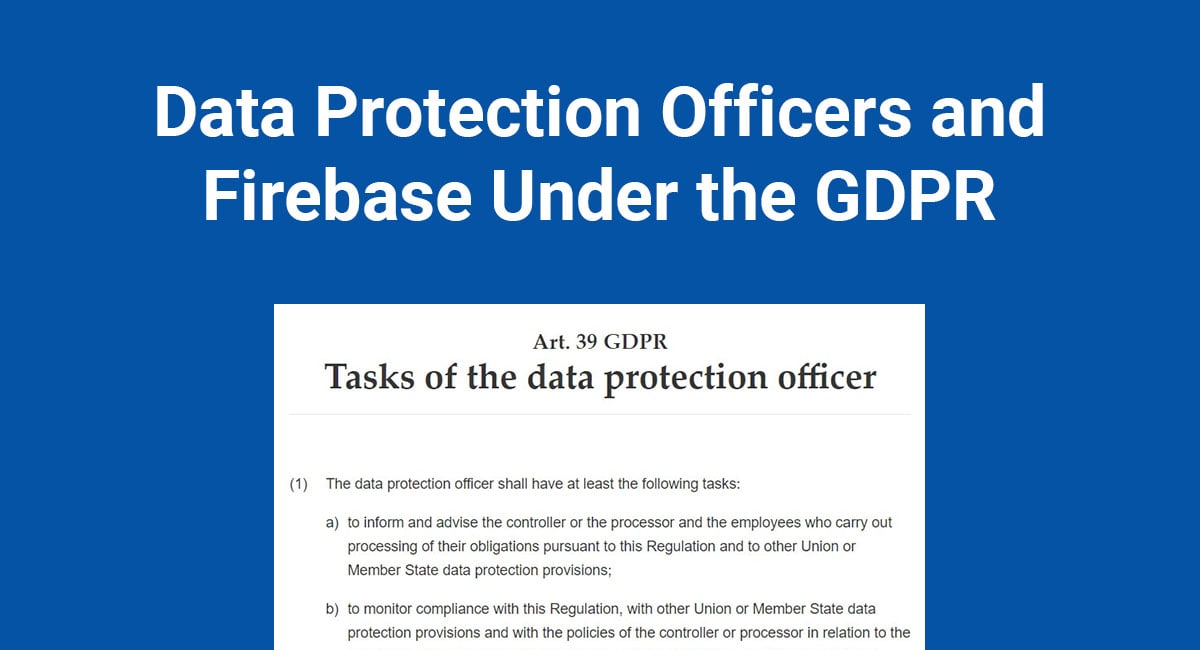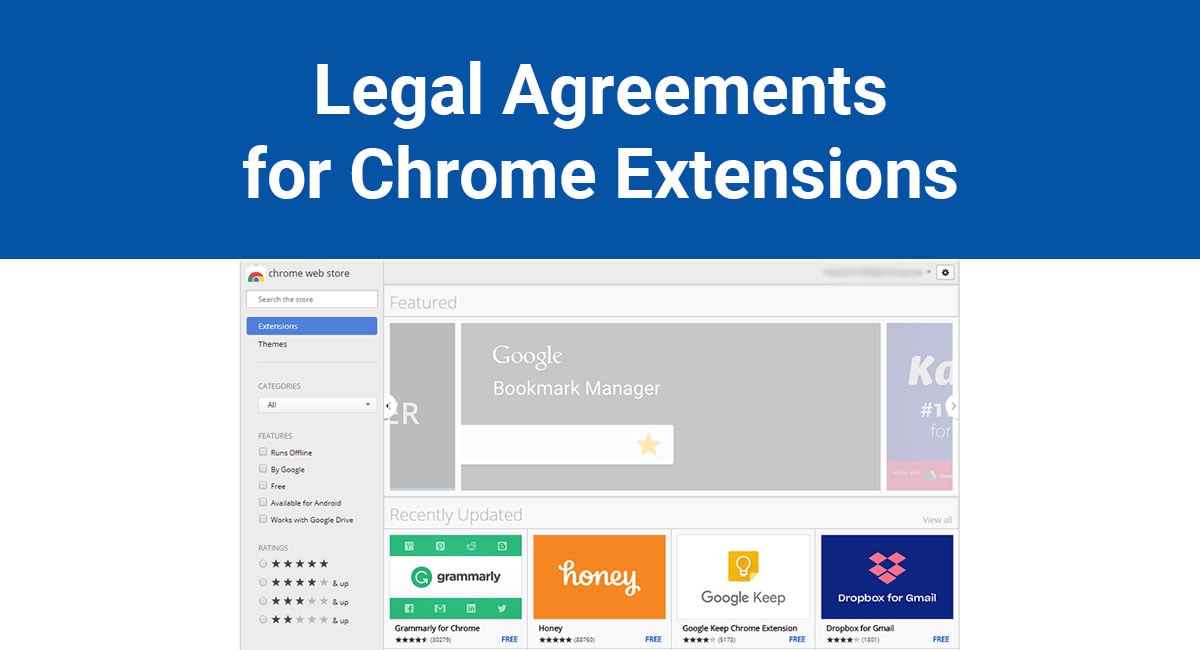Blog: Legal Requirements
Page 21
Navigate
-
EULA Agreements
-
Cookies Policy Agreements
-
Disclaimer Agreements
-
Privacy Policy Agreements
-
US Privacy Laws
-
Return Policy Agreements
-
Legal Requirements
-
EU Privacy Laws
-
Terms & Conditions Agreements
-
How to
-
Asia Privacy Laws
-
CA Privacy Laws
-
Consent
-
Templates
-
Consumer Privacy
-
AU Privacy Laws
-
LatAm Privacy Laws
-
Clauses
Small Businesses and the GDPR
This question has been coming up a surprising amount: "I run a small business. Does the GDPR affect me?" If your small business deals with citizens of the EU, the answer is a resounding YES. While some aspects of the GDPR may affect you differently, with less strict rules for small businesses...
"Legitimate Interests" Under the GDPR
One of the most ambiguous and controversial components of the GDPR to date is the term "legitimate interests," particularly in Article 6. In this article we will delve into the sections of the GDPR that use the phrase "legitimate interests" and determine what this phrase means and how it affects...
GDPR and EU Member State Representatives
Article 27 of the GDPR discusses the need for some companies outside of the EU to appoint a Member State Representative within the EU to serve as a point of communication for ensuring your company's compliance with the GDPR. Presumably, this is to make communication less of a burden for authorities...
Copyright Infringement Notices Outside the US
You've created the perfect eBook, video, or blog post, and you can't wait to share it with the world. It's an amazing feeling. ...Until you realize that someone has infringed on the copyright on your prized creation. Now what? In the US, dealing with copyright infringement is pretty straightforward. But what about other...
Data Protection Officers and Firebase Under the GDPR
Data Protection Officers (DPO's) are a new concept under the GDPR. Some companies and organizations will be required to have a DPO depending on their data collection and data processing practices. The Data Protection Officer requirement comes from Article 37 of the GDPR. One question we keep hearing is whether or...
Legal Agreements for Chrome Extensions
Chrome Extensions are additional browser add-ons that enhance user experience while browsing online. These extensions help users to maximize the functionalities of Chrome while making the browser more customized and unique for each user's preferences. In order to create this unique user experience, most extensions end up collecting some personal information...
